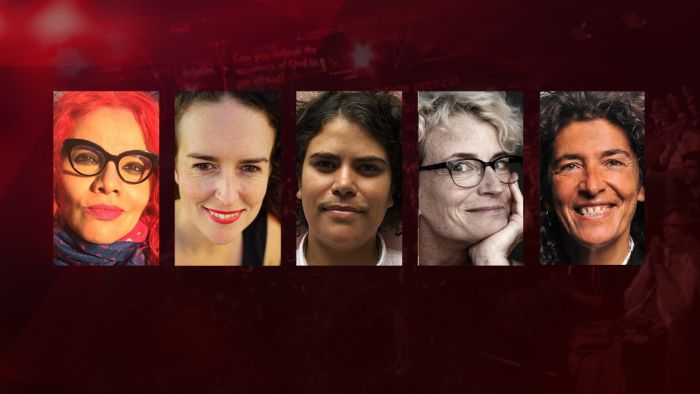Watchdog clears ABC for Q&A Broadside episode after over 200 complaints
The Australian Communications and Media Authority (ACMA) has cleared the ABC over a controversial episode of Q&A which aired last year and featured speakers from Broadside, a feminist ideas festival.
The watchdog received over 200 complaints after the episode aired following one panellist calling for violence against rapists.


